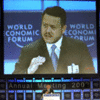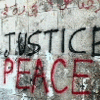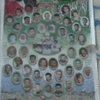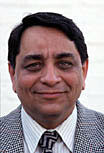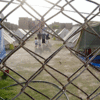Haaretz and The Jerusalem Post duel over democracy
5 June 2003
It wasn’t a border dispute so much as a margin dispute. More to the point, it was the highly-flammable material between the margins that fueled last week’s clash over press freedoms and democracy between two of Israel’s most influential newspapers. Compared with the leading Israeli daily Yediot Aharanot (published only in Hebrew and with a weekday circulation of 350,000), the dailies Haaretz (50,000 per weekday) and The Jerusalem Post, (a mere 15,000 per weekday) are not the biggest players on the Israeli media market. But both Haaretz and The Post command an influence beyond their numbers in Israel. Must-reading among visiting diplomats and journalists, the weekly international edition of The Post, and the two papers’ English Web sites draw large numbers of American Jews, thereby informing the Middle East debate within the world’s largest, most powerful Jewish Diaspora community. So when Haaretz publisher Amos Schocken floated the charge that Israeli press freedoms where in jeopardy, word washed up on American shores.” Jacob Laksin writes in Read more about Haaretz and The Jerusalem Post duel over democracy
